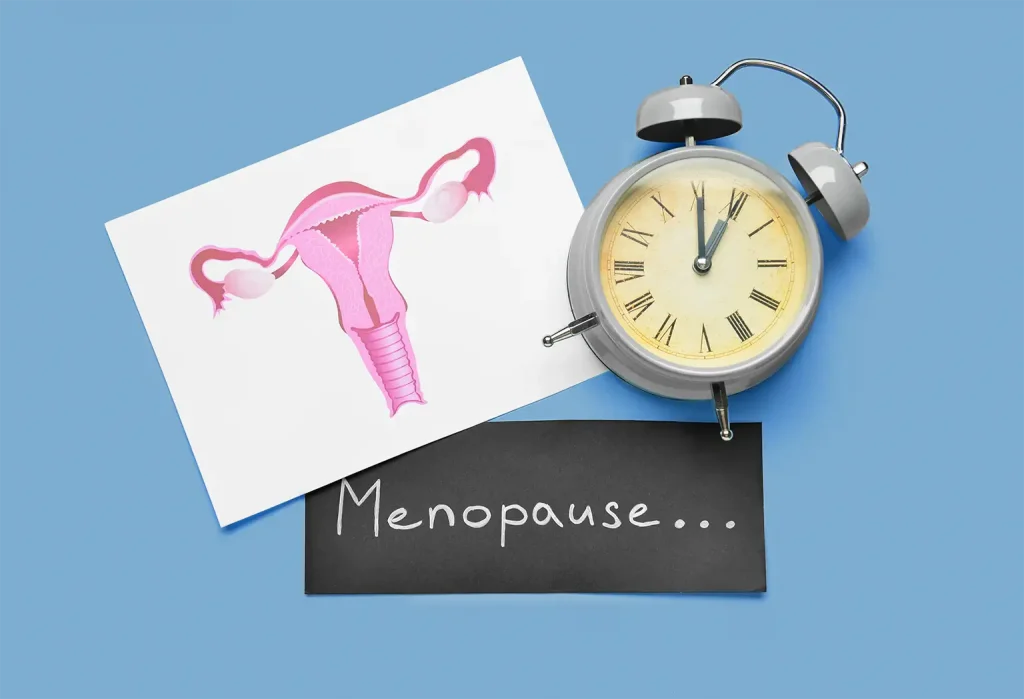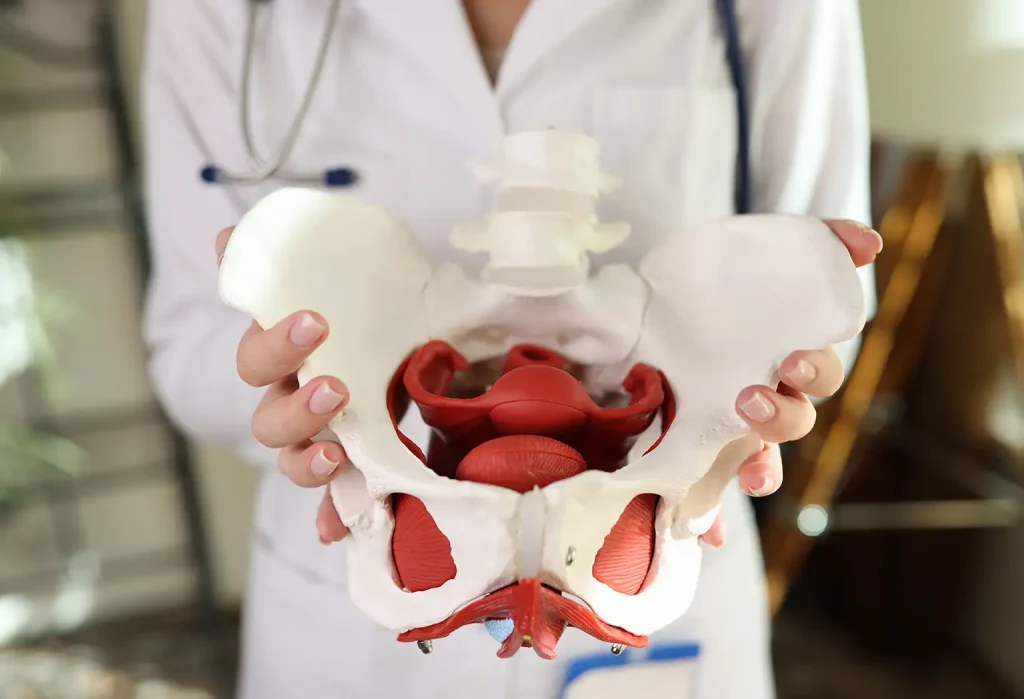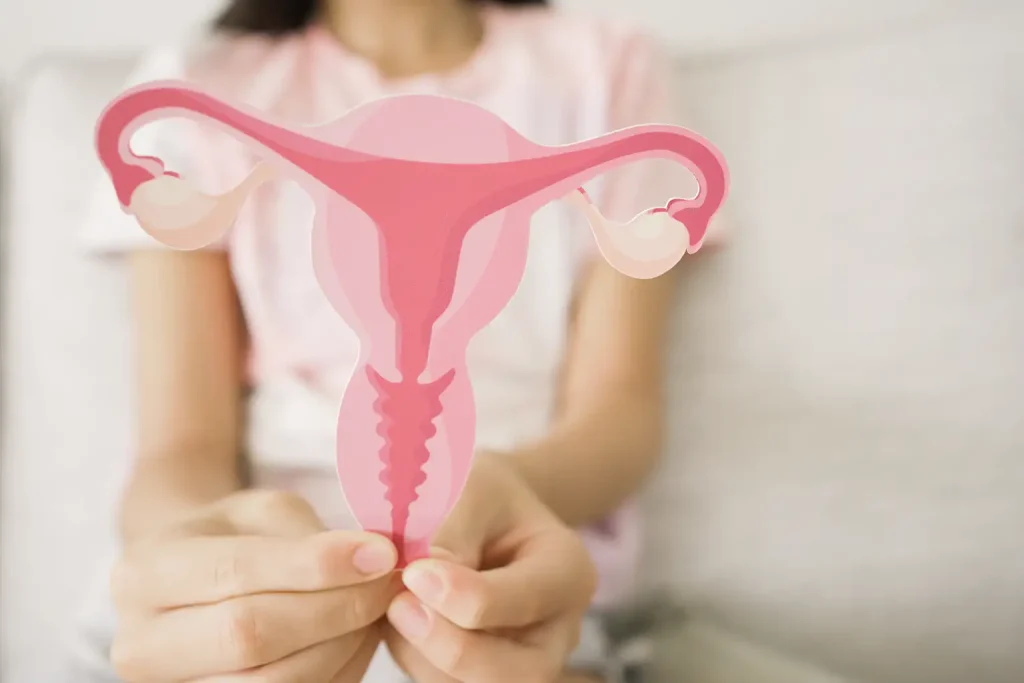Menopause is a natural biological process that marks the end of a woman's menstrual cycles and fertility. It typically occurs between the ages of 45 and 55 but can vary. Menopause is diagnosed after a woman has gone 12 months without a period. Managing menopause involves understanding the changes in the body and seeking appropriate treatments to alleviate symptoms.

Management of Menopause
Menopause is a natural biological process that marks the end of a woman's menstrual cycles and fertility. It typically occurs between the ages of 45 and 55 but can vary. Menopause is diagnosed after a woman has gone 12 months without a period. Managing menopause involves understanding the changes in the body and seeking appropriate treatments to alleviate symptoms.
Menopause occurs when the ovaries stop producing estrogen and progesterone, hormones responsible for regulating the menstrual cycle. This hormonal shift leads to the cessation of menstruation and other symptoms. The transition into menopause, known as perimenopause, can last several years and is marked by irregular periods and other symptoms.


Not all women experience the same symptoms during menopause, but some of the most common include:
These symptoms can vary in severity and duration. Some women may experience mild symptoms, while others may find them disruptive.
The primary cause of menopause is the natural decline in reproductive hormones, but several factors can influence when menopause occurs:
Understanding these causes can help women manage the symptoms and seek early intervention when necessary.
Menopause is typically diagnosed based on a woman’s symptoms and age. A healthcare provider may conduct a pelvic exam or blood tests to measure hormone levels, especially to check for low levels of estrogen and high levels of FSH (follicle-stimulating hormone), which are indicators of menopause.

There are several treatment options available to manage menopause symptoms. Treatment plans are tailored to each woman based on the severity of her symptoms and overall health.
Hormone replacement therapy (HRT) is one of the most common treatments for menopause symptoms. HRT involves taking estrogen (and sometimes progesterone) to help manage symptoms like hot flashes and vaginal dryness. It can be administered through pills, patches, gels or creams.
While HRT is effective for many women, it is not suitable for everyone. Women with certain health conditions such as breast cancer or blood clots may need to explore other options.
Women experiencing symptoms that are severe or interfere with their daily life should consult a doctor. Early intervention can help manage symptoms and prevent long-term complications, such as osteoporosis and cardiovascular issues.
Symptoms that warrant a doctor’s visit include:

At Pacific Healthcare Specialist Centre, we provide comprehensive menopause management to help women navigate this life transition. Our female gynaecologist will work with you to create a personalized treatment plan that addresses your symptoms and health goals.
Book an appointment today to learn more about managing menopause and improving your quality of life.

Yes, many women can manage menopause symptoms through lifestyle changes, stress management and alternative therapies. However, more severe symptoms may require medical intervention.
Menopause usually begins between the ages of 45 and 55 with the average age being 51.
HRT is generally safe for most women but may not be appropriate for women with certain medical conditions. It’s important to discuss the risks and benefits with a healthcare provider.
Yes, hormonal changes during menopause can impact mood, leading to depression, anxiety or irritability. Treatment options, including therapy or medication, can help manage mental health symptoms.
Recovery depends on the treatment approach. Lifestyle changes and herbal supplements often have fewer side effects, while hormone therapy and surgical options may require closer monitoring and ongoing adjustments to ensure efficacy and safety.
Copyright © 2026 Pacific Healthcare Specialist Centre (Women's Clinic)